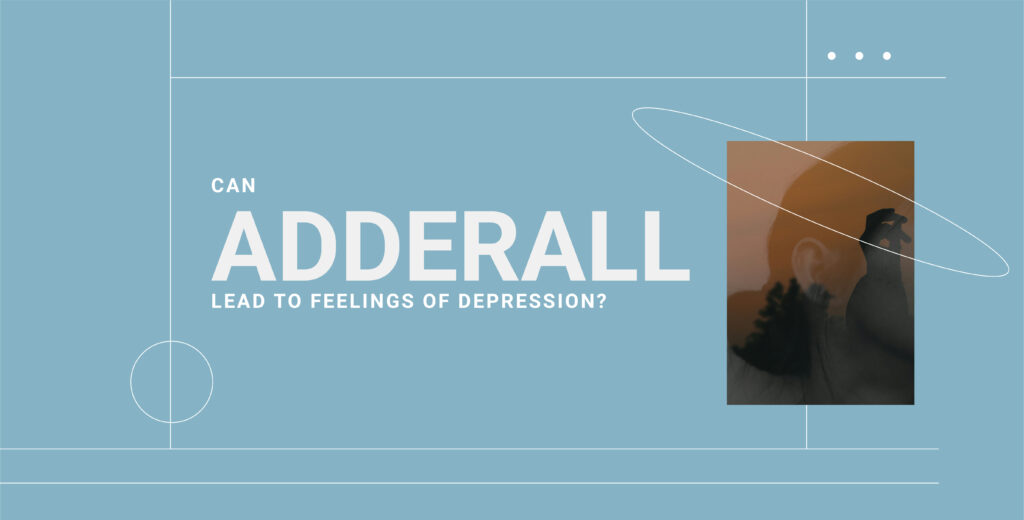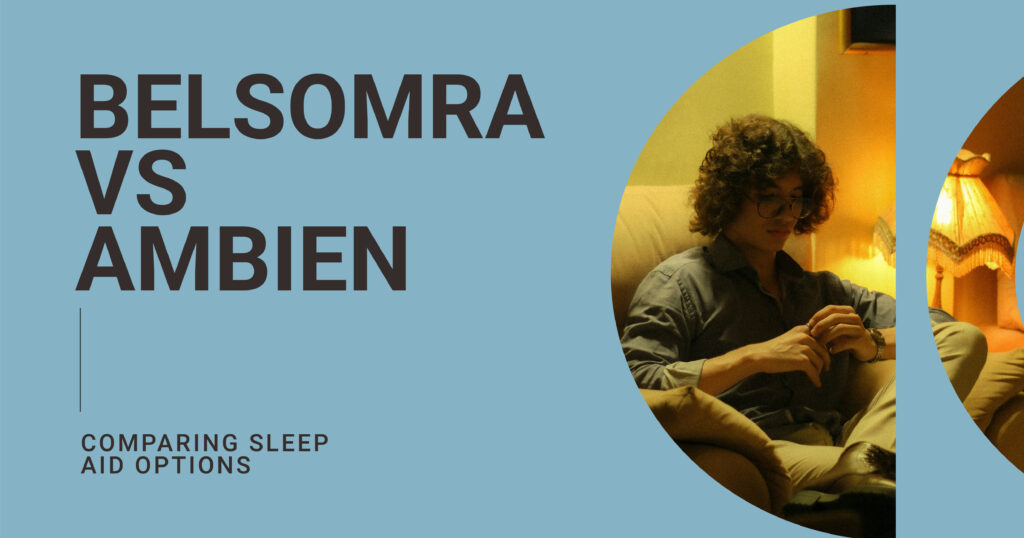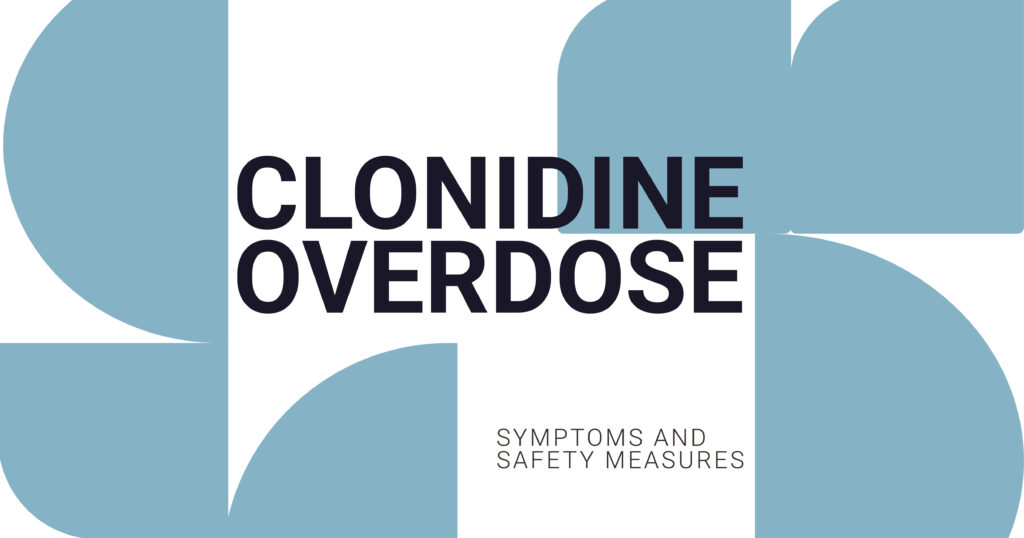Opioid addiction is an epidemic that has reached millions of lives across the United States and worldwide. Misusing opioids, either in the form of prescription painkillers (e.g., oxycodone and hydrocodone) or illegal drugs (e.g., heroin and fentanyl), can cause significant side effects and a lifetime of addiction, which can lead to overdose deaths.
Many paths to long-term recovery from opioid addiction include medication-assisted treatment for opioid addiction, holistic approaches to pain management, and more.
In the following blog post, we will examine opioid addiction recovery programs, what to look for in determining your need for treatment, the variety of outpatient medication and addiction treatment, and the importance of therapy and support in long-term recovery.
Understanding Opioid Addiction
What Is Opioid Addiction? Signs You Need Treatment
Opioid addiction is a chronic brain disease that drives drug seeking even in the presence of harmful consequences linked with its use. It hijacks the brain’s reward system so that when an individual uses opioids, they are nearly impossible to quit.
Common Opioids That Lead to Addiction:
| Prescription Painkillers | Oxycodone (OxyContin), Hydrocodone (Vicodin), Morphine |
| Synthetic Opioids | Fentanyl, Tramadol |
| Illicit Opioids | Heroin |
Signs You Need Opioid Addiction Treatment:
- Increase dosage (without explicit authorization from a doctor).
- Drug cravings and insolence of opioid use.
- Withdrawal when not using.
- Drug overload or shrugging off responsibility.
- Social isolation from using and the secret nature of drug use.
If you or a loved one is showing signs of this, getting treatment for an opioid addiction is critical to avoiding life-threatening and life-altering health issues.
Physical and Psychological Dependence on Opioids
Opioid dependence is a mix of physical and psychological dependence, and recovery from this is one of the most challenging parts.
Physical Dependence
Our bodies become dependent on opioids, making us enjoy them more. An individual adapts to opioids over time, and it can take more of a dose to feel anything at all after a certain point. Stopping or reducing drug consumption leads to withdrawal symptoms, which include nausea, sweating, muscle aches, and anxiety.
Psychological Dependence
Opioids promote compulsive-seeking behavior in the person because of how the reward system of the brain is set up. Trying to quit leads to cravings and emotional distress.
The Impact of Opioid Addiction on Your Life
Opioid addiction doesn’t just affect the user. It has profound consequences on relationships, careers, and overall well-being.
Health Risks
- Respiratory depression, heart disease, liver damage.
- There is a higher chance of overdose and dying.
- Mental illness includes anxiety, depression, and paranoia.
Social and Emotional Effects
- Strained relationships with family and friends.
- Job loss and financial instability.
- Increased risk of legal issues due to drug-seeking behavior.
Helping opioid-addicted people find viable treatments will help them get their lives back under control and repair the consequences of drug use.
Recognizing the Need for Opioid Addiction Treatment
Common Warning Signs and Symptoms of Opioid Addiction
Early recognition can also cause symptoms:
- Receiving opioids more often/every day and /or more than prescribed.
- Sweating, agitation, and other withdrawal signs.
- Layoff from work/school performance.
- Engaging in high-risk behavior to get opioids.
Why Early Intervention Is Critical for Recovery
Treatment is most successful when begun as soon as possible after the person starts showing symptoms. The success of opioid addiction treatment recovery programs is highest when individuals start them before the addiction.
Early treatment:
- Reduces the risk of overdose.
- Prevent organ damage in the long term.
- Boosts mental well-being and balance.
Effective Treatments for Opioid Addiction
Medication-Assisted Treatment (MAT) for Opioid Addiction
Medication-Assisted Treatment for opioid use disorder means using FDA-approved drugs with therapy. It is among the most effective ways for successful long-term recovery.
Common MAT Medications
| Methadone | Works by curbing cravings and withdrawal symptoms by fine-tuning what’s wrong in the brain. |
| Buprenorphine (Suboxone) | It becomes an opiate blocker, warding off withdrawal. |
| Naltrexone (Vivitrol) | Specifically, it prevents opioids from producing a high, helping keep relapsing risk low. |
MAT significantly lowers overdose rates and improves the likelihood of maintaining sobriety.
Counseling and Behavioral Therapies for Recovery
Medication is not enough by itself. Opioid addiction recovery counseling gets to the root of the psychological causes of addiction.
Types of Therapy Used in Recovery:
| Cognitive Behavioral Therapy | It helps with discovering negative thought patterns. |
| Motivational Interviewing | Encourages individuals to commit to recovery. |
| Group Therapy | Support and accountability through peers. |
Outpatient Opioid Addiction Treatment Options
Not everybody requires in-patient rehab. Outpatient opioid abuse treatment is available for people to be able to carry on with their daily responsibilities, including:
| Intensive Outpatient Programs | 9–12 hours of treatment per week. |
| Partial Hospitalization Programs | A more structured therapy plan, you go to it every day. |
| Standard Outpatient Therapy | Weekly therapy and check-ins. |
Residential Treatment for Severe Opioid Addiction
The best rehab centers for Severe Opioid Addiction provide residential treatment and 24/7 medical/therapeutic support.
Alternative and Holistic Approaches to Recovery
Integrating Mindfulness and Meditation for Recovery
Mindfulness allows individuals to control cravings and decrease stress with guided meditation exercises and deep breathing techniques.
Nutrition and Exercise in Opioid Addiction Recovery
Optimal nutrition aids in the repair of a body that is used to opioids, and exercise opens the endorphin floodgates to lift mood.
Exploring Acupuncture, Yoga, and Art Therapy
Holistic approaches to opioid addiction include alternative therapies like:
| Acupuncture | Reduces withdrawal symptoms. |
| Yoga | It helps with stress management and self-awareness. |
| Art Therapy | Encourages emotional expression. |
The Role of Support Systems in Recovery
Building a Strong Support Network
Long-term success requires a healthy support environment. Family, friends, and recovery mentors are essential to staying sober.
Family Counseling for Sustained Recovery
Families have family issues, too, and therapy can provide the opening for clear communication to rebuild hurt relationships.
Peer Support Groups and 12-Step Programs
Peer accountability, structured recovery steps, etc., are what programs such as Narcotics Anonymous (NA) and Self-Management and Recovery Training (SMART Recovery) take on board.
Managing Physical Dependence and Detox
Medical Detox: What to Expect
Detox is the first phase in breaking a physical addiction. Medical detox provides a safe setting to deal with withdrawal under medical care.
Managing Withdrawal Symptoms Safely
The withdrawal process is complex, and symptoms can be nausea, chills, and mood swings. Detox programs employ the use of medications and therapy to alleviate distress from detox.
Transitioning from Detox to Long-Term Recovery
Detox by itself isn’t enough. Continued therapy, supportive groups, and lifestyle changes are the cornerstone of long-term recovery.
Start Your Journey to Recovery Today
Reconciling with an opioid addiction is no easy task, but achieving recovery is possible with the right support coupled with medicine. Medically assisted treatments, therapy, and even holistic approaches efficiently get one’s former life back.
Seeking aid is the first step towards change that is permanent. If you or someone you love is finding it difficult to cope with opioid addiction, don’t hold off—contact a recognized rehab facility today. To leap forward towards a healthier tomorrow, action must be taken today.
FAQs
- What is the most effective treatment for opioid addiction?
The most effective method is medication-assisted treatment combined with therapy (as opposed to one or more).
- Can I recover from opioid addiction without medication?
Although a minority will succeed without it, opioid addiction recovery programs with MAT have higher rates of success.
- How do I know if I need opioid addiction treatment?
Feeling withdrawal symptoms, cravings, or changes in your life when you are on opioids (if any) is what should lead you to look for opioid addiction treatment.
- What are the benefits of outpatient opioid addiction treatment options?
Opioid addiction treatment outpatient treatment enables them to get some therapy and daily responsibilities.
- How do I find the best rehab centers for opioid addiction?
Search for accredited facilities with personalized treatment plans, medical supervision, and aftercare support.




